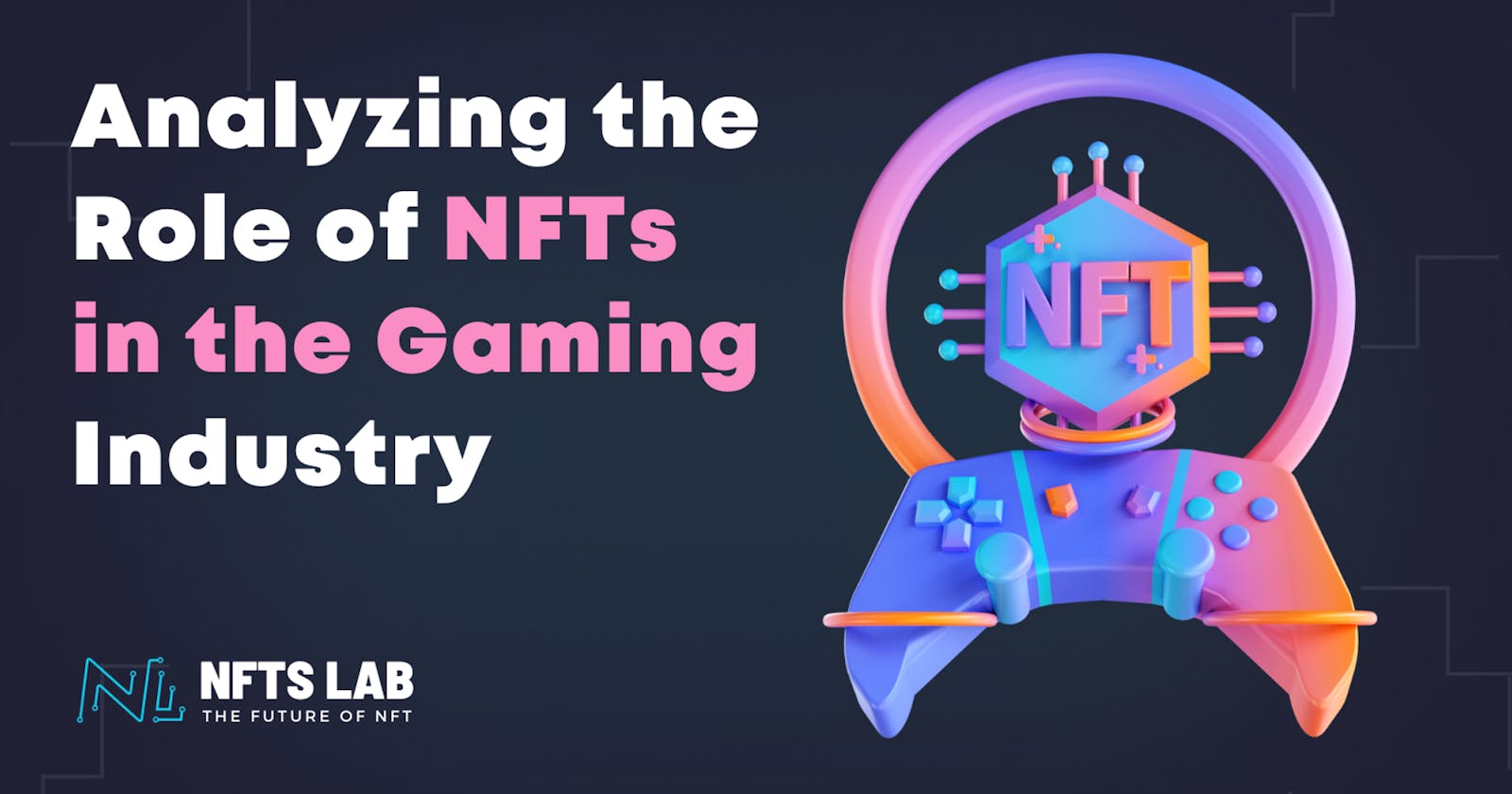Introduction
Non-fungible tokens (NFTs) have become increasingly popular in the gaming industry, offering players a new way to acquire, store, and trade in-game items.
NFTs are digital assets that are unique and can be used to represent ownership of virtual items, such as weapons, land, and even in-game currency.
NFTs offer gamers a level of ownership and control over their virtual assets that was not possible before. This has caused a surge of interest in the gaming industry, as NFTs provide a way for gamers to monetize their in-game items and create a marketplace for virtual goods.
What are NFTs?
NFTs are digital tokens that are created on a blockchain, such as Ethereum. These tokens are unique and cannot be replicated, meaning that each token represents a single asset.
NFTs come in many forms, such as in-game items, characters, and even virtual real estate. The assets that are represented by these tokens are stored on the blockchain and are owned by the token holder.
This allows gamers to have full control of their assets, as they can keep track of them and ensure that they cannot be stolen or counterfeited.
Benefits of NFTs
The use of NFTs in the gaming industry has many benefits for both gamers and developers. For gamers, NFTs offer a new way to acquire, store, and trade in-game items.
This allows gamers to have full control and ownership of their assets and provides them with a way to monetize their in-game items.
NFTs also enables developers to create a marketplace for virtual goods, as NFTs can be used to transfer ownership of virtual assets from one person to another. This creates a new economy for virtual goods, which can be used to generate revenue for developers.
Challenges of NFTs
Despite the benefits of NFTs, there are some challenges that come with using them in the gaming industry.
One of the main challenges is scalability, as the blockchain networks on which NFTs are created are not designed to support large amounts of transactions.
This can lead to slow transaction times and increased fees, making it difficult to use NFTs in large-scale applications.
Additionally, NFTs are still relatively new, meaning that there is a lack of regulation and security measures in place. This can make it difficult to ensure that NFTs are secure and that they are not being misused.
Conclusion
NFTs have the potential to revolutionize the gaming industry, as they offer a new way for gamers to acquire, store, and trade in-game items.
NFTs provide gamers with full control over their virtual assets and create a new economy for virtual goods. However, there are still some challenges associated with using NFTs in the gaming industry, such as scalability and lack of regulation.
Despite these challenges, NFTs have the potential to create a new way for gamers and developers to interact and generate revenue from virtual goods.
Are you interested in the NFT world?
This Community is for you: https://discord.gg/P8bjJ7CzBV
